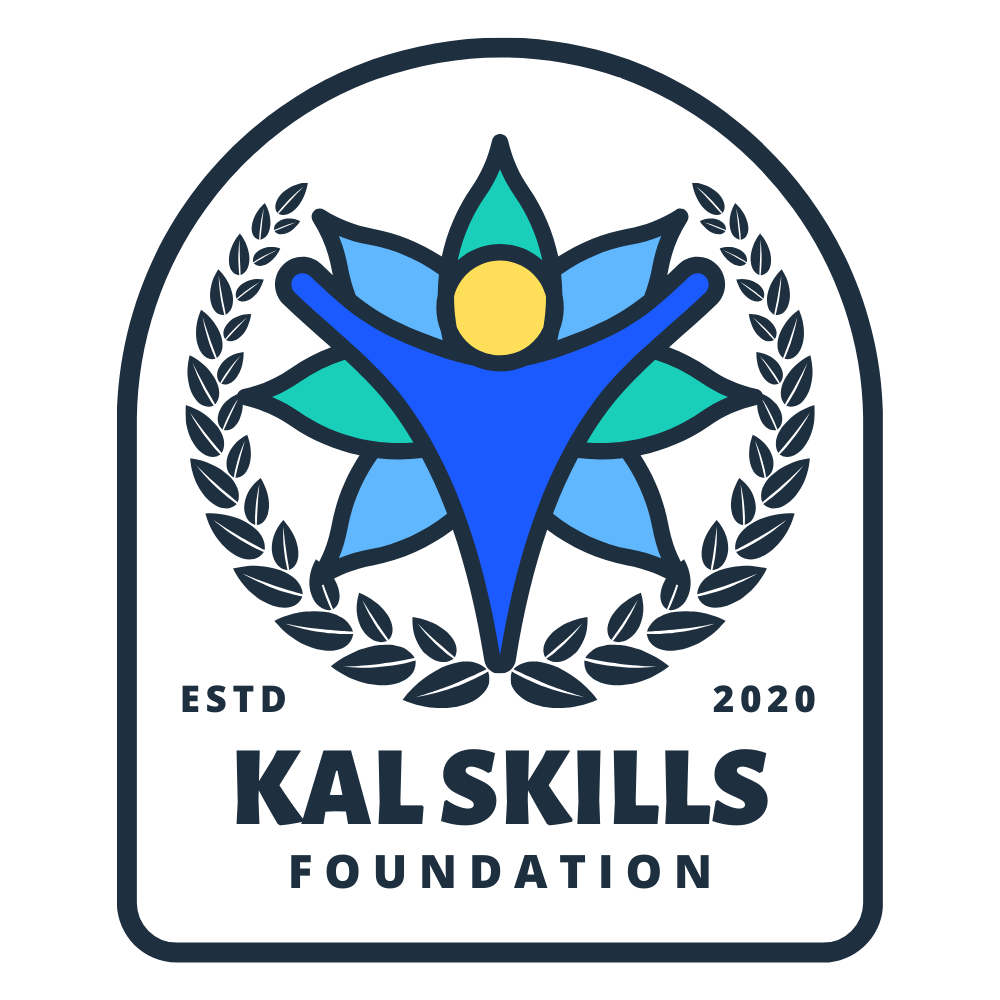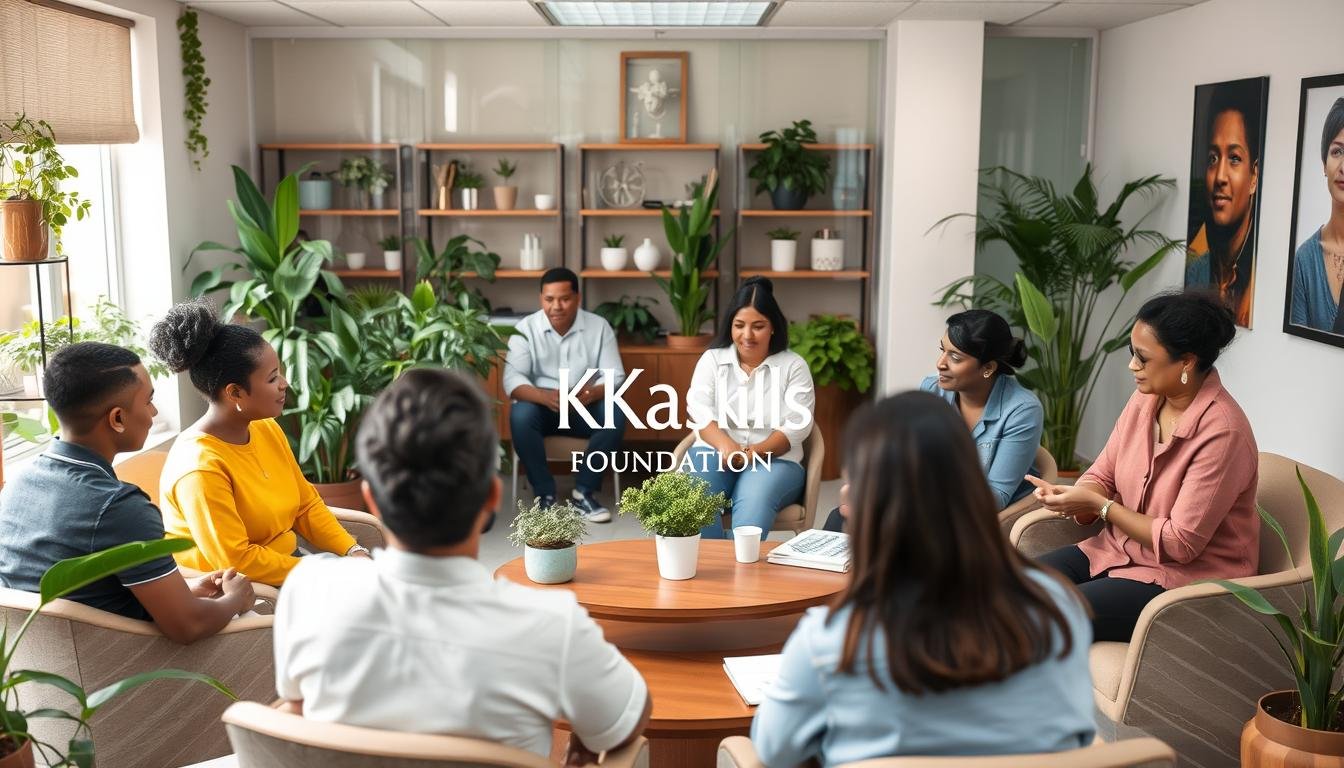Self-reflection is the act of examining one’s thoughts, emotions, and behaviors in order to gain a deeper understanding of oneself. It involves taking the time to pause and reflect on various aspects of one’s life, such as relationships, career, goals, and values. By engaging in self-reflection, individuals can gain valuable insights into their strengths, weaknesses, and areas for improvement.
Self-reflection is a key practice for personal growth because it allows individuals to become more self-aware. When we take the time to reflect on our thoughts and emotions, we can better understand why we think and feel the way we do. This self-awareness is essential for personal growth because it enables us to identify patterns, habits, and beliefs that may be holding us back from reaching our full potential.
Moreover, self-reflection helps individuals to develop a growth mindset. By examining our actions and their outcomes, we can identify areas where we need to make changes and improvements. This mindset shift from a fixed mindset to a growth mindset is crucial for personal growth because it allows us to embrace challenges, learn from failures, and continuously strive for improvement.
Self-reflection also fosters self-compassion and empathy. When we take the time to reflect on our own experiences, we can develop a greater understanding and empathy towards ourselves. This self-compassion allows us to be kinder and more forgiving towards ourselves when we make mistakes or face setbacks. Additionally, self-reflection can also enhance our ability to empathize with others, as we become more aware of our own thoughts and emotions, we can better understand and relate to the experiences of others.
Furthermore, self-reflection can help individuals align their actions with their values and goals. When we reflect on our actions, we can evaluate whether they are in alignment with our core values and long-term goals. This self-awareness allows us to make intentional choices and decisions that are in line with our authentic selves, leading to a more meaningful and purposeful life.
In conclusion, self-reflection is a powerful practice that can greatly contribute to personal growth. By engaging in self-reflection, individuals can develop self-awareness, a growth mindset, self-compassion, empathy, and alignment with their values and goals. It is a practice that requires time, patience, and commitment, but the rewards are well worth it. So, take the time to pause, reflect, and embark on a journey of self-discovery and personal growth.
Self-reflection is an essential practice for personal growth and development. It allows individuals to gain clarity about their goals, aspirations, and the direction they want to take in life. By taking the time to reflect on their thoughts, feelings, and actions, people can identify patterns, habits, and behaviors that may be holding them back or preventing them from reaching their full potential.
Self-reflection also helps individuals to become more self-aware. It allows them to recognize their emotions, motivations, and reactions to different situations. This self-awareness is crucial for making informed decisions, managing stress, and building healthy relationships. When individuals are aware of their strengths and weaknesses, they can leverage their strengths to their advantage and work on improving their weaknesses.
Moreover, self-reflection promotes mindfulness and presence in the present moment. In today’s fast-paced world, it is easy to get caught up in the hustle and bustle of daily life, constantly moving from one task to another without taking the time to reflect on the bigger picture. By practicing self-reflection, individuals can cultivate a sense of mindfulness and intentionality, allowing them to fully engage with their experiences and make the most out of every moment.
Self-reflection can take many forms, such as journaling, meditation, or engaging in meaningful conversations with trusted individuals. It is a deeply personal process that requires individuals to be honest with themselves and open to self-discovery. Through self-reflection, individuals can uncover their true passions, values, and purpose in life, leading to a greater sense of fulfillment and happiness.
In conclusion, self-reflection is a powerful tool for personal growth and self-discovery. It allows individuals to gain a deeper understanding of themselves and their inner world. By engaging in self-reflection, individuals can become more self-aware, make informed decisions, and cultivate mindfulness in their daily lives. It is a practice that can lead to a greater sense of fulfillment, purpose, and happiness.
The Benefits of Self-Reflection
Self-reflection is a powerful tool that can have a profound impact on personal growth. Here are some of the key benefits of practicing self-reflection:
1. Increased Self-Awareness
Self-awareness is the foundation of personal growth. By engaging in self-reflection, individuals can develop a greater understanding of their emotions, motivations, and behaviors. This heightened self-awareness allows individuals to make more conscious choices and decisions, leading to personal growth and development.
2. Clarity of Goals and Priorities
Self-reflection provides an opportunity to evaluate one’s goals and priorities. It allows individuals to assess whether their current actions align with their long-term aspirations. Through self-reflection, individuals can identify any areas where they may need to make adjustments or realign their priorities to ensure they are on the path to personal growth.
3. Identification of Strengths and Weaknesses
Self-reflection enables individuals to identify their strengths and weaknesses. By acknowledging and embracing their strengths, individuals can leverage them to achieve personal growth and success. Similarly, by recognizing their weaknesses, individuals can take steps to improve and overcome any limitations that may be hindering their progress.
4. Enhanced Problem-Solving Skills
Self-reflection fosters critical thinking and problem-solving skills. By reflecting on past experiences and analyzing the choices made, individuals can learn from their mistakes and make better decisions in the future. This ability to reflect and learn from one’s experiences is crucial for personal growth and development.
5. Improved Relationships
Self-reflection also plays a vital role in improving relationships with others. By understanding oneself better, individuals can develop empathy and compassion for others. This increased self-awareness allows individuals to communicate more effectively, resolve conflicts, and build stronger and more meaningful connections with others.
Furthermore, self-reflection can help individuals gain a deeper understanding of their own values and beliefs. By taking the time to reflect on their thoughts and actions, individuals can assess whether their behavior aligns with their core values. This self-awareness can lead to greater integrity and authenticity in relationships, as individuals are more likely to act in accordance with their true selves.
Self-reflection also promotes personal growth by fostering a growth mindset. When individuals engage in self-reflection, they are actively seeking opportunities for learning and improvement. This mindset encourages individuals to embrace challenges, persist in the face of setbacks, and view failures as opportunities for growth. By adopting a growth mindset, individuals can continuously develop and reach their full potential.
In addition, self-reflection can enhance emotional intelligence. Through self-reflection, individuals can gain insight into their own emotions and how they impact their thoughts and actions. This emotional self-awareness allows individuals to regulate their emotions effectively and respond to situations in a more balanced and constructive manner. As a result, individuals can navigate relationships and conflicts with greater empathy and emotional intelligence.
Overall, self-reflection is a valuable practice that can lead to personal growth and development. By increasing self-awareness, gaining clarity of goals, identifying strengths and weaknesses, enhancing problem-solving skills, and improving relationships, individuals can cultivate a fulfilling and meaningful life.
6. Reflect on Your Achievements and Challenges
Take the time to reflect on both your achievements and challenges. Celebrate your successes and acknowledge the hard work and effort you put into reaching your goals. Reflecting on your challenges can provide valuable lessons and insights into areas where you can grow and improve.
7. Embrace Vulnerability
Embracing vulnerability is an important aspect of self-reflection. Allow yourself to be open and honest with yourself about your strengths, weaknesses, and areas for growth. Recognize that vulnerability is not a weakness but rather a strength that allows for personal growth and development.
8. Set Realistic Goals
Setting realistic and achievable goals is crucial for self-reflection. Take the time to assess your current situation and identify areas where you would like to improve. Break down your goals into smaller, manageable steps and create a plan to work towards them. Regularly review and adjust your goals as needed.
9. Practice Gratitude
Practicing gratitude is a powerful tool for self-reflection. Take the time to reflect on the things you are grateful for in your life. This can help shift your focus towards the positive aspects and foster a sense of appreciation and contentment.
10. Be Patient and Kind to Yourself
Self-reflection is a journey that takes time and patience. Be kind and compassionate towards yourself throughout the process. Recognize that personal growth is a continuous journey and that it is okay to make mistakes and learn from them. Treat yourself with the same kindness and understanding that you would offer to a close friend or loved one.
By incorporating these practical tips into your daily life, you can develop a strong self-reflection practice that will enhance your personal growth and self-awareness. Remember, self-reflection is a valuable tool for understanding yourself better, identifying areas for improvement, and ultimately living a more fulfilling and meaningful life.





